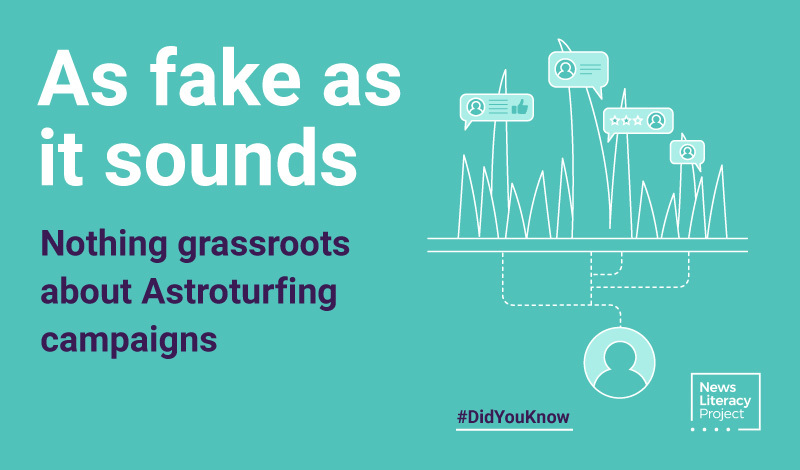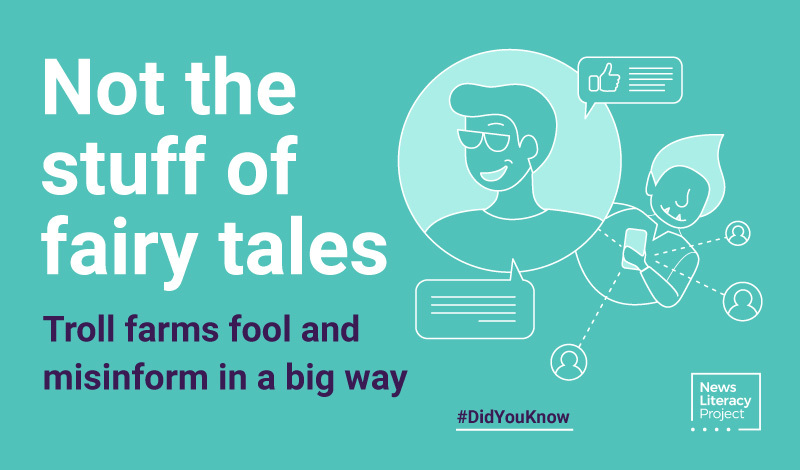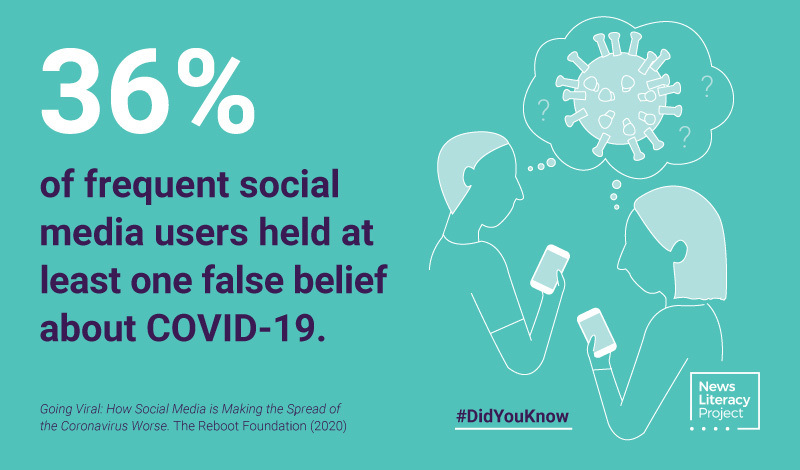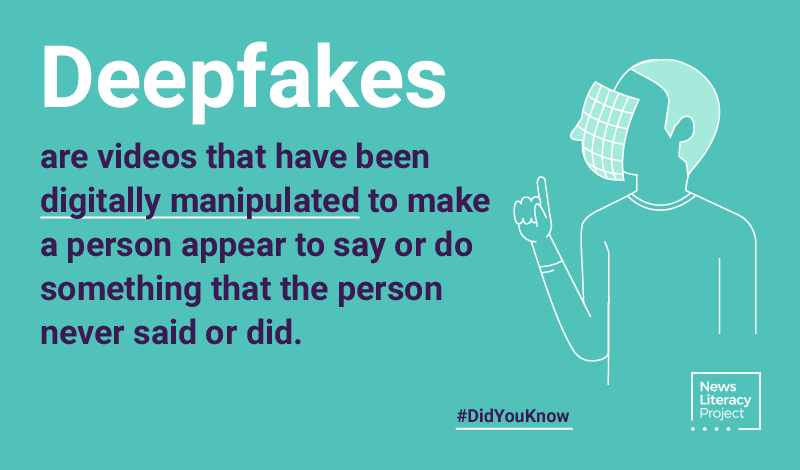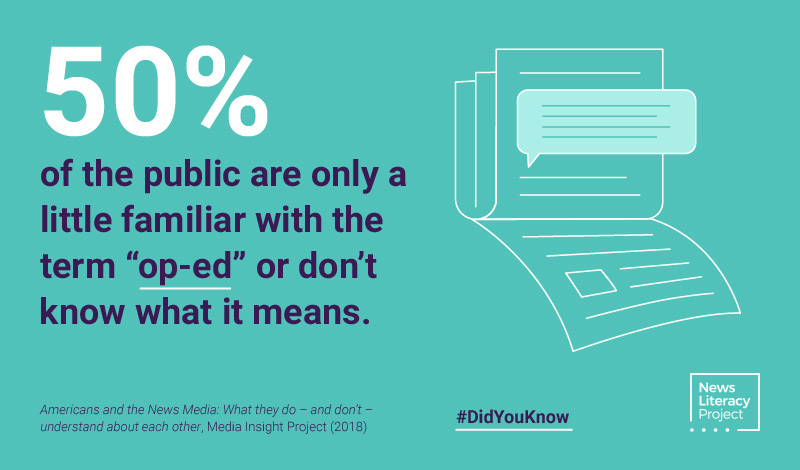
Did You Know?
The First Amendment: What do we know?
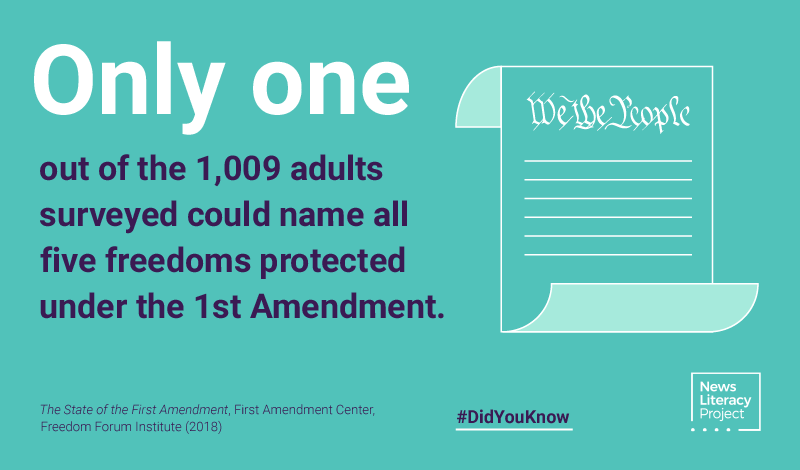
It’s good news/bad news when it comes to Americans and the First Amendment.
The good news: Three-quarters of the respondents to a survey about the First Amendment said they support that essential part of the U.S. Constitution and the rights and freedoms it guarantees.
The bad news: Only one (yes, one) out of the 1,009 adults surveyed could name all five of the rights and freedoms it grants.
This is according to the 2018 State of the First Amendment survey conducted last May by the First Amendment Center at the Freedom Forum Institute.
In honor of World Press Freedom Day, let’s review those rights and freedoms, starting with the least-known. Explanations come from the Freedom Forum Institute.
Right to petition: 2% could name this. This is the right to ask the government, at any level, to right a wrong or correct a problem. Its roots can be found the Declaration of Independence: “In every state of these Oppressions We have Petitioned for Redress in the most humble terms.” (The original draft of the First Amendment included only “assembly” and “petition.”)
Right of assembly: 12% could name this. This is the right to “peaceably assemble,” even when a majority is opposed to the viewpoints expressed by those who gather.
Freedom of the press: 13% could name this. Decisions by the Supreme Court over the years have given shape to the fact that the government can neither stop information deemed newsworthy from being published nor punish those who criticize the state and its officials.
Freedom of religion: 15% could name this. Thomas Jefferson called this freedom a “bold” and “novel experiment” that defied the Western European assumption and practice of the state’s supporting a particular denomination of Christianity.
Freedom of speech: 56% could name this. “Speech” includes expression such as burning the American flag or engaging “in countless other forms of expression that would be outlawed in many nations but are regarded as constitutionally protected here.”
Actually, this survey is good news on another front as well: Even if it also showed that 40% of those surveyed could not name any of these rights, the best news is, of course, that — know them or not — people can exercise them without fear of government threat.
